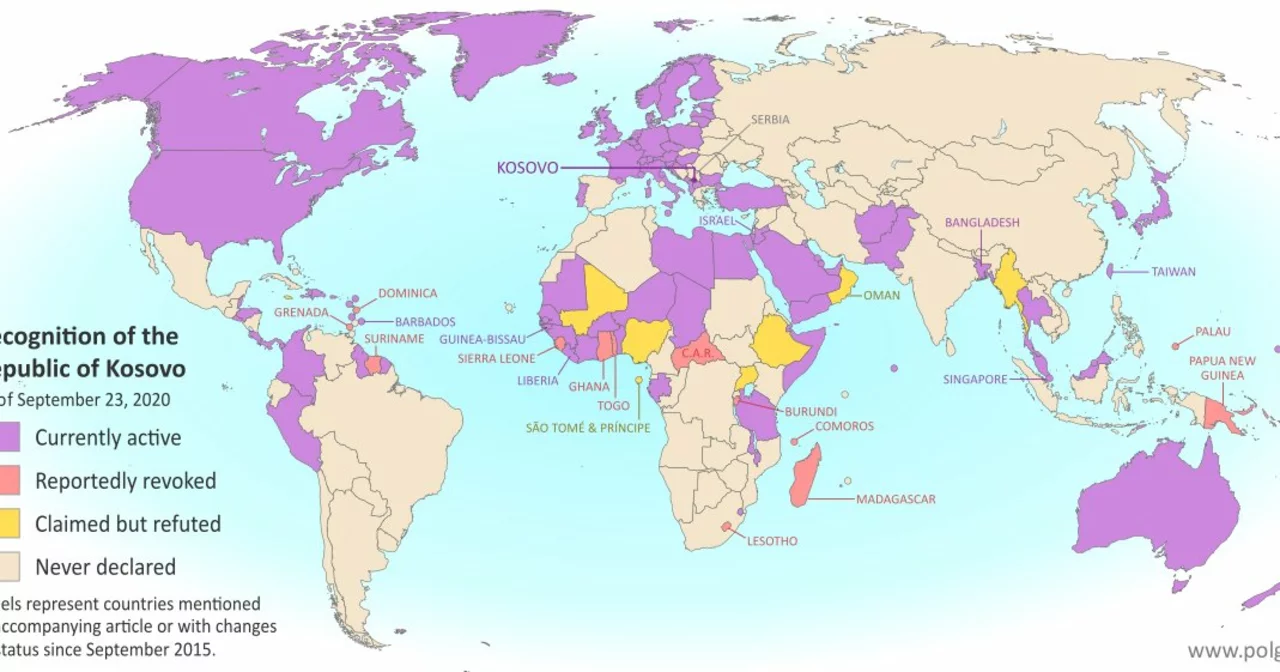Tourism, like any industry, has both advantages and disadvantages. On the plus side, it boosts local economies, creates jobs, and promotes cultural exchange. However, it's not always rainbows and butterflies; tourism can also lead to environmental degradation, cultural erosion, and overcrowding. In a nutshell, while tourism can be a lifeline for many places, it's essential to manage it sustainably to mitigate its potential negative impacts.
Tag: tourism
In my exploration of whether any countries rely solely on tourism for their revenue, I discovered that while tourism plays a significant role in many economies, no country is entirely dependent on it. Some nations, such as the Maldives and the Caribbean Islands, heavily rely on tourism, with the industry contributing up to 60-70% of their GDP. However, they still have other sources of income, such as agriculture and fishing, to support their economy. It's essential for countries to diversify their income streams to minimize risks and ensure stability. Relying solely on tourism would make a nation vulnerable to factors such as global economic downturns, natural disasters, and political instability.

